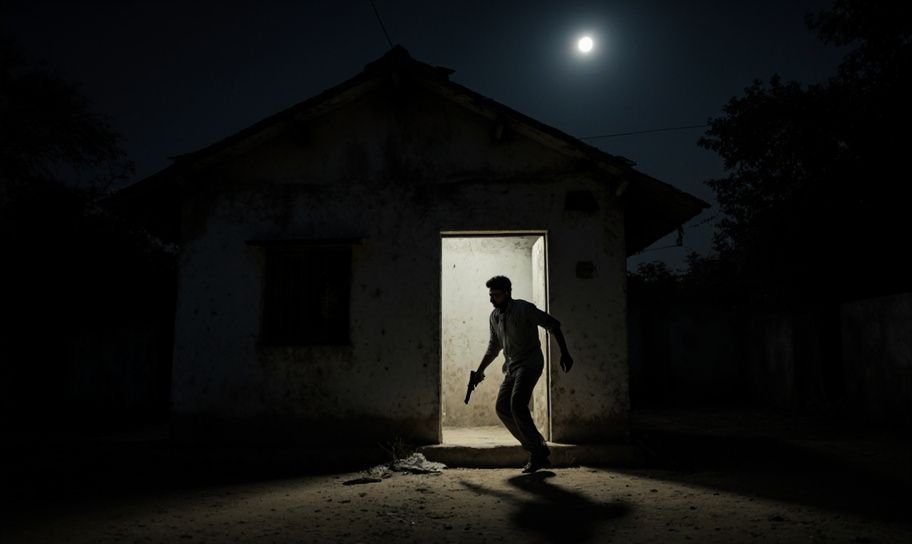
Summary: Manojsingh Panjabsingh Bhada was found guilty of killing three people, including his father. His request to overturn the life sentence was rejected by the Bombay High Court, Nagpur Bench.
Manojsingh Panjabsingh Bhada, a worker from Bargaon, was found guilty of killing his father, Panjabsingh Gulabsingh Bhada, and two others, Anjura Rameshwar Uike and Gopal Birju Uikey, on January 23, 2015. The conflict started because of a secret relationship between Manojsingh and Anjura, which his father did not approve of.
"The accused killed his father in a moment of anger," the court noted.
On the night of the murders, Manojsingh reportedly shot his father with a gun and killed Anjura and Gopal with a knife. His brother, Rajeshsingh, said he heard gunshots and saw Manojsingh leaving the scene with a gun.
The police investigation led to finding a "Bharmar Gun" and a knife at Manojsingh's house. Clothes with blood on them and other scientific evidence connected him to the crime.
Dr. Pramod Potdar examined the bodies of the victims and confirmed gunshot wounds on Panjabsingh and knife wounds on Anjura and Gopal. Blood tests matched the samples found on the weapons and Manojsingh's clothes.
"The evidence from Dr. Pramod Potdar is not just an opinion but direct proof," the judgment stated.
The trial court, led by Judges Urmila Joshi-Phalke and Nandesh S. Deshpande, found the evidence strong enough to keep the conviction. The defense's argument about the lack of electricity and the chance of mistaking someone else for the accused was rejected.
Eyewitnesses, including Sagar Uike, Anjura's son, and Savita Birju Uike, said they saw Manojsingh at the crime scene. Even though Sagar was a child, his testimony was considered believable.
"The court finds the case presented by the prosecution is reliable," the judgment emphasized.
The appeal was rejected, confirming the life sentence for Manojsingh. The court concluded that the evidence clearly showed Manojsingh's guilt without any doubt.
"No one else other than the accused could have committed the crime," the court concluded.